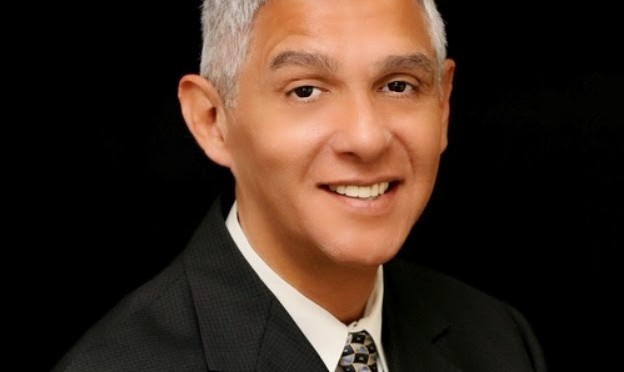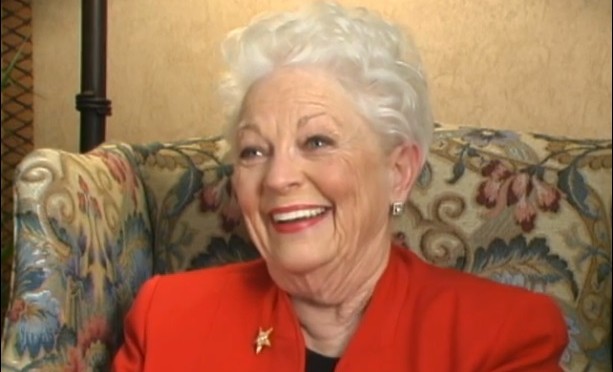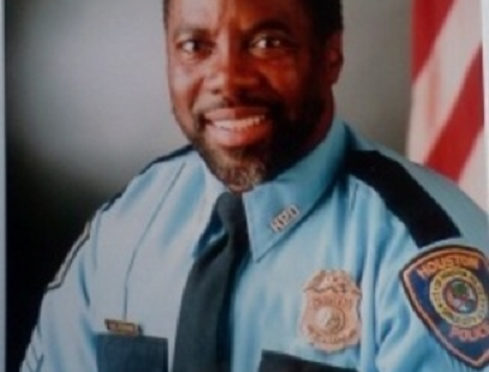The Texas Progressive Alliance is thoroughly enjoying some Republican slapstick comedy as it brings you this week's roundup.
Off the Kuff implores Sen. Leticia Van de Putte to run for Lt. Governor. One look at the group vying for the GOP nomination shows how much we need her on our … Continue Reading ››
Monthly Archives: September 2013
Texas Health Scare: Helping vs Hurting
Here's more evidence that Texas GOP Congress members really are in a pickle over the Affordable Care Act (aka Obamacare), despite what they say to the contrary. From reporter Emily Wilkins of the Dallas Morning News...
Aides to Dallas Rep. Jeb Hensarling’s office recently said that he would gladly help any constituent … Continue Reading ››
TLCQ 2013: Robert Gallegos
In the Fifth installment of the 2013 Texas Leftist Candidate Questionnaire, we hear from Robert Gallegos, candidate for Houston City Council District I.
Please note: Responses have been received directly from the candidate, and have been posted verbatim from the email received. This is done out of fairness to all … Continue Reading ››
Please note: Responses have been received directly from the candidate, and have been posted verbatim from the email received. This is done out of fairness to all … Continue Reading ››
The Parker Legacy
With political campaigns raining down upon the city of Houston, most everyone is focused on one date in the immediate future... November 5th 2013. A mere 6 weeks away (4 weeks for those smart enough to remember how critical Early Voting is in Harris County), the candidates barely have time to think about much … Continue Reading ››
Understanding Texas Democrats
Texas is of course a big state, which is why the political inner-workings of it can be quite confusing. People look at Texas and see large cities, and a huge minority population, but are confused as to why Democrats haven't been more successful here. They try to compare us to states like Virginia, which … Continue Reading ››
TLCQ 2013: Kenneth Perkins
In the Fourth installment of the 2013 Texas Leftist Candidate Questionnaire, we hear from Kenneth Perkins, candidate for Houston City Council District B.
Please note: Responses have been received directly from the candidate, and have been posted verbatim from the email received. This is done out of fairness to all candidates. … Continue Reading ››
Please note: Responses have been received directly from the candidate, and have been posted verbatim from the email received. This is done out of fairness to all candidates. … Continue Reading ››
TLCQ 2013: Kevin J. Hoffman
In the Third installment of the 2013 Texas Leftist Candidate Questionnaire, we hear from Kevin J. Hoffman, candidate for Houston Community College Board of Trustees, District 1.
Please note: Responses have been received directly from the candidate, and have been posted verbatim from the email received. This is done out … Continue Reading ››
Please note: Responses have been received directly from the candidate, and have been posted verbatim from the email received. This is done out … Continue Reading ››






